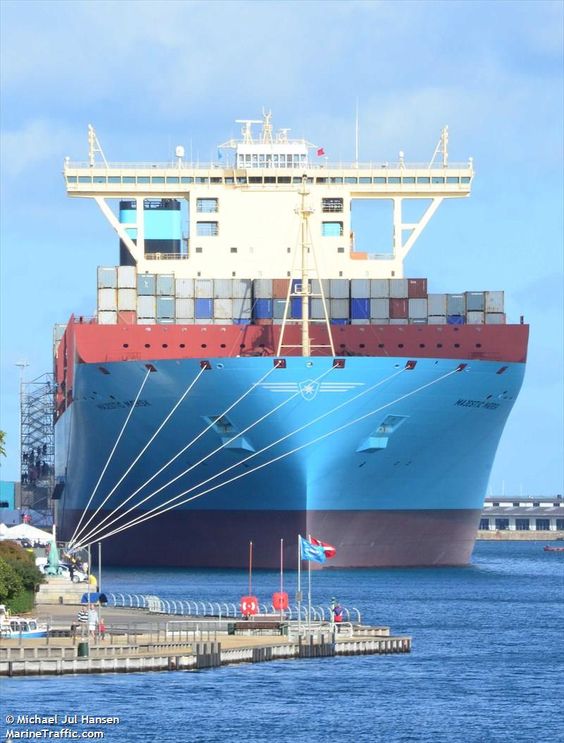Selecting customs-friendly suppliers in China is crucial for smooth cross-border trade, as they minimize delays and compliance risks. Knowing how to choose customs-friendly suppliers in China helps you avoid penalties, streamline documentation, and ensure timely deliveries. This guide outlines key criteria to identify suppliers who excel in customs compliance.
1. Verify Supplier Compliance Expertise
Check Certification History
Look for suppliers with proven experience in your target market’s regulations. For example, suppliers exporting to the EU should hold CE certification for electronics or REACH registration for chemicals. Request copies of their compliance records.
Assess Customs Documentation Skills
Ask suppliers to provide samples of past customs documents (e.g., commercial invoices, packing lists) to ensure accuracy in HS codes, product descriptions, and tariff classifications.
2. Prioritize Clear Communication
Confirm Language Proficiency
Choose suppliers who communicate fluently in English or your local language to avoid misunderstandings. Misinterpretations of “dual-use” goods or restricted materials can lead to customs hold-ups.
Clarify Compliance Responsibilities
Explicitly ask suppliers: “Who handles customs declarations for my shipments?” Suppliers who offer “door-to-door” services or partner with customs brokers are often more reliable.
3. Review Past Performance and References
Check Trade Assurance Scores
On platforms like Alibaba, review suppliers’ Trade Assurance ratings, especially for “customs clearance success rate.” Low scores may indicate recurring compliance issues.
Request Client References
Ask for contact information of past clients in your industry. Inquire about their experiences with customs delays, document accuracy, and dispute resolution.
4. Evaluate Logistics Partnerships
Examine Shipping Network
Suppliers with established relationships with freight forwarders (e.g., DHL, China Top Freight) often manage logistics more efficiently. They may offer pre-negotiated rates for bonded warehousing or expedited customs lanes.
Confirm Incoterms Expertise
Ensure suppliers understand Incoterms like DDP (Delivered Duty Paid) or FCA (Free Carrier), which clarify who is responsible for customs duties and fees. Misapplied Incoterms can lead to unexpected costs.
5. Test with Small Orders First
Conduct a Pilot Shipment
Place a small order to test the supplier’s customs processes. Monitor how quickly they provide required documents and whether the shipment clears customs without issues.
Audit Compliance Post-Delivery
After receiving goods, review customs paperwork for accuracy. Check if HS codes match the shipment’s contents and if all required certifications (e.g., 原产地证书) were included.
6. Seek Proactive Risk Management
Ask About Contingency Plans
Inquire about suppliers’ strategies for handling customs audits or product recalls. Suppliers who proactively update clients on regulatory changes (e.g., new EU import rules) demonstrate commitment to compliance.
Ensure Liability Coverage
Confirm that suppliers include customs-related liabilities in their contracts. For example, they should agree to reimburse costs for misdeclared goods or delayed certifications.
In conclusion, mastering how to choose customs-friendly suppliers in China requires evaluating their compliance expertise, communication skills, logistics networks, and past performance. By prioritizing suppliers who treat customs compliance as a core competency, you can reduce cross-border trade risks and enhance efficiency. For end-to-end support in supplier vetting and customs management, companies like China Top Freight offer tailored solutions to simplify your supply chain.


